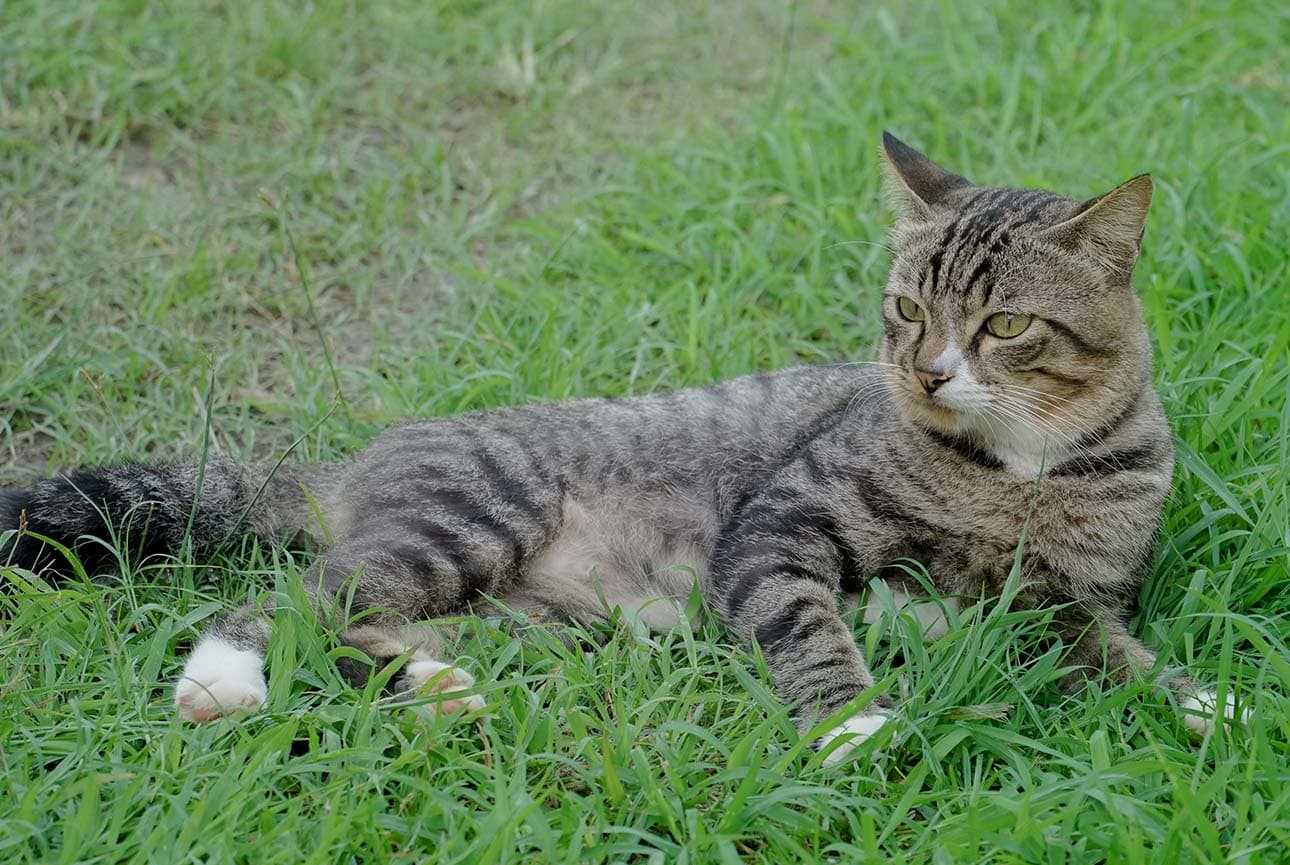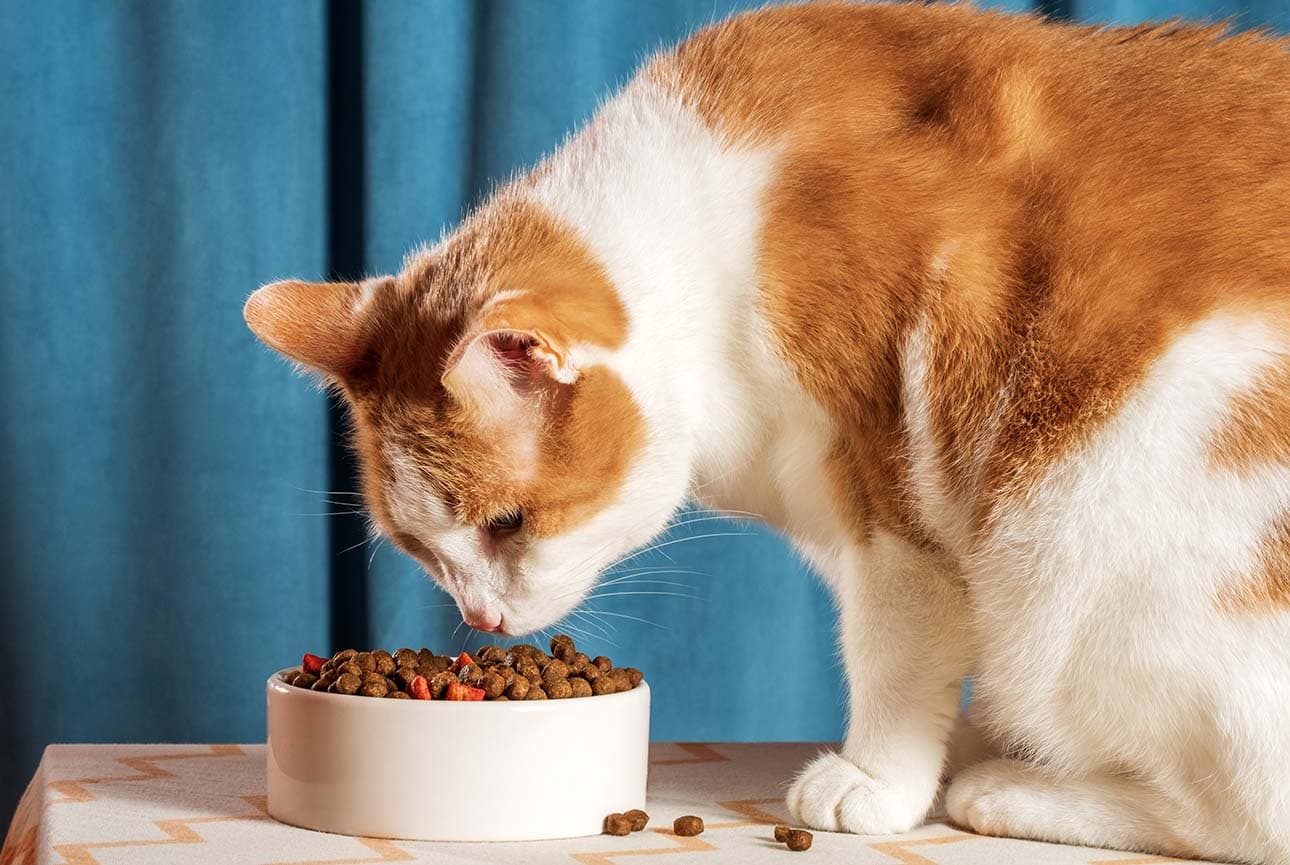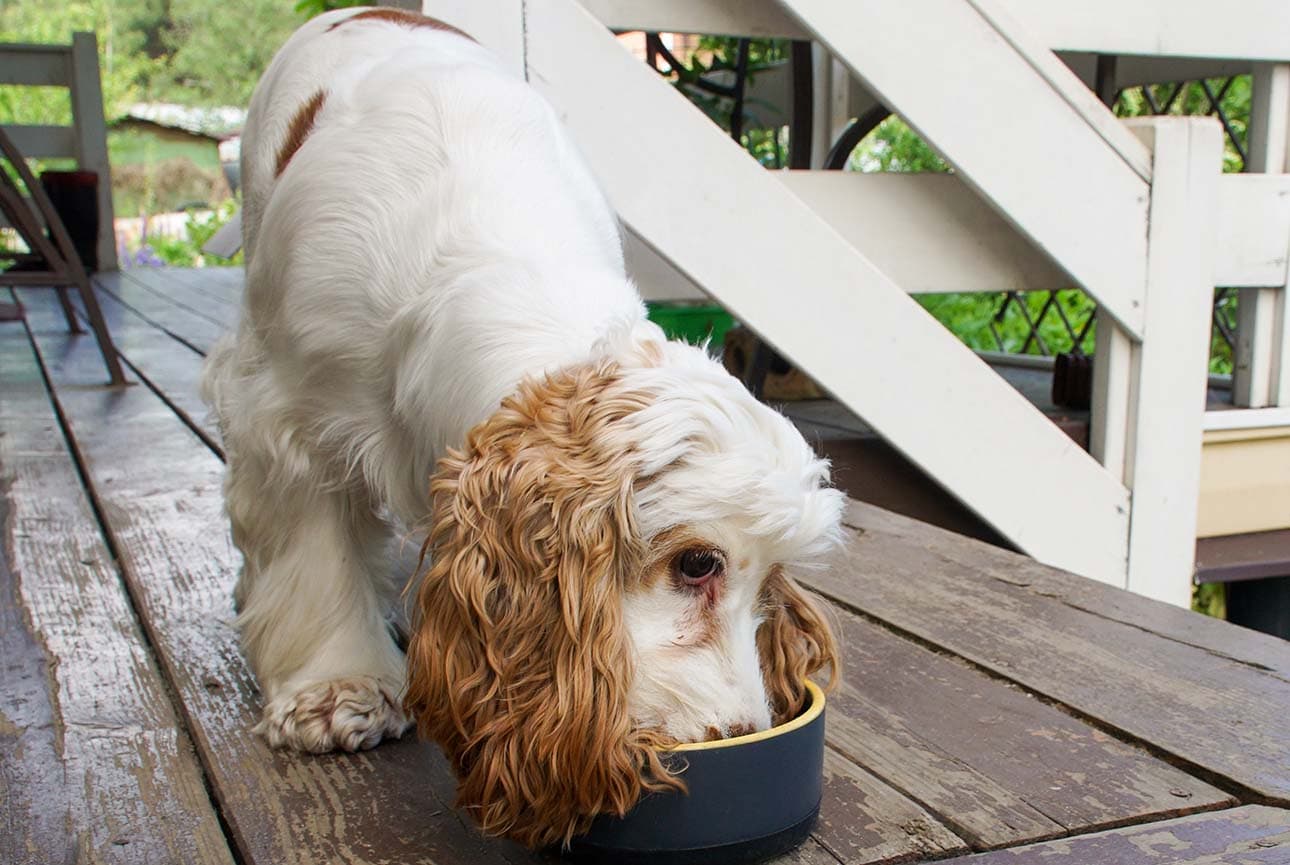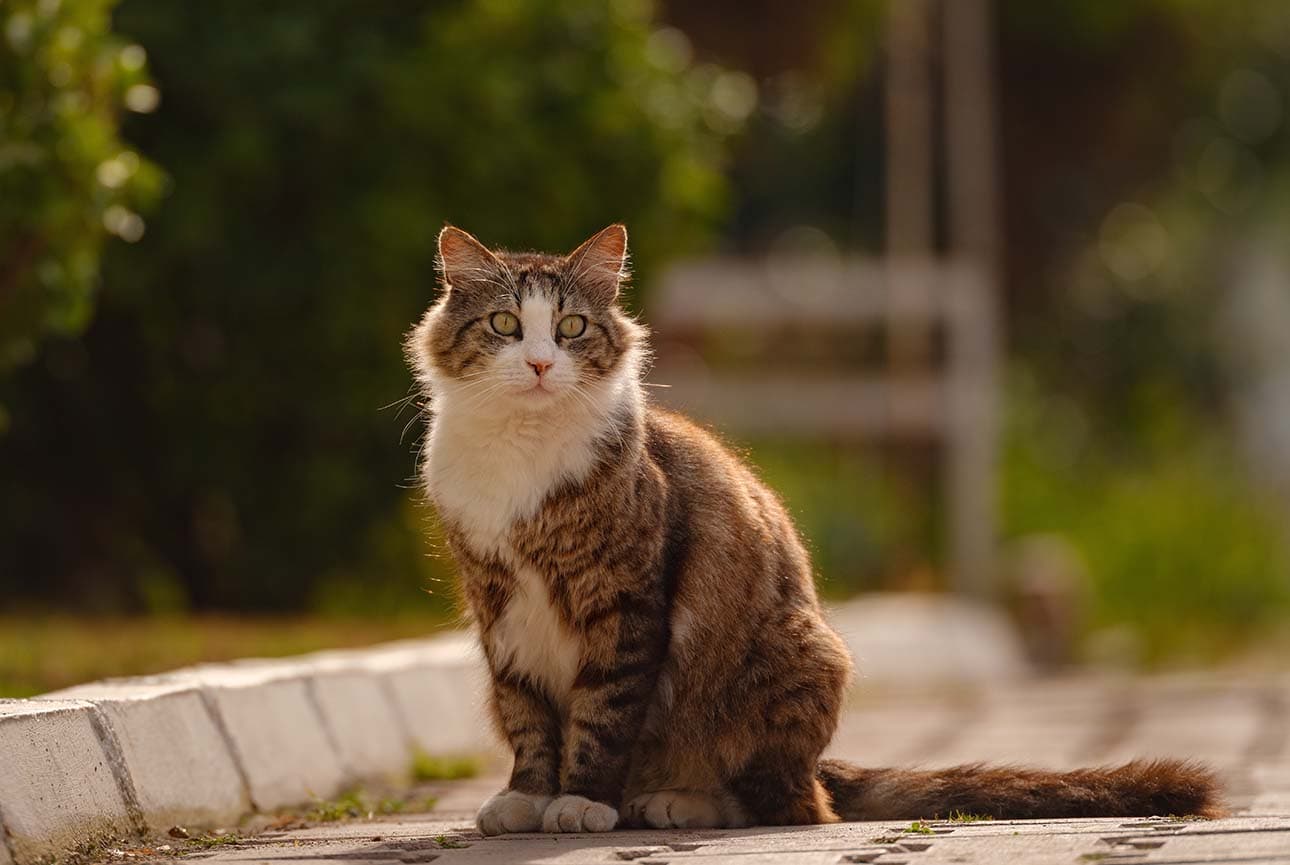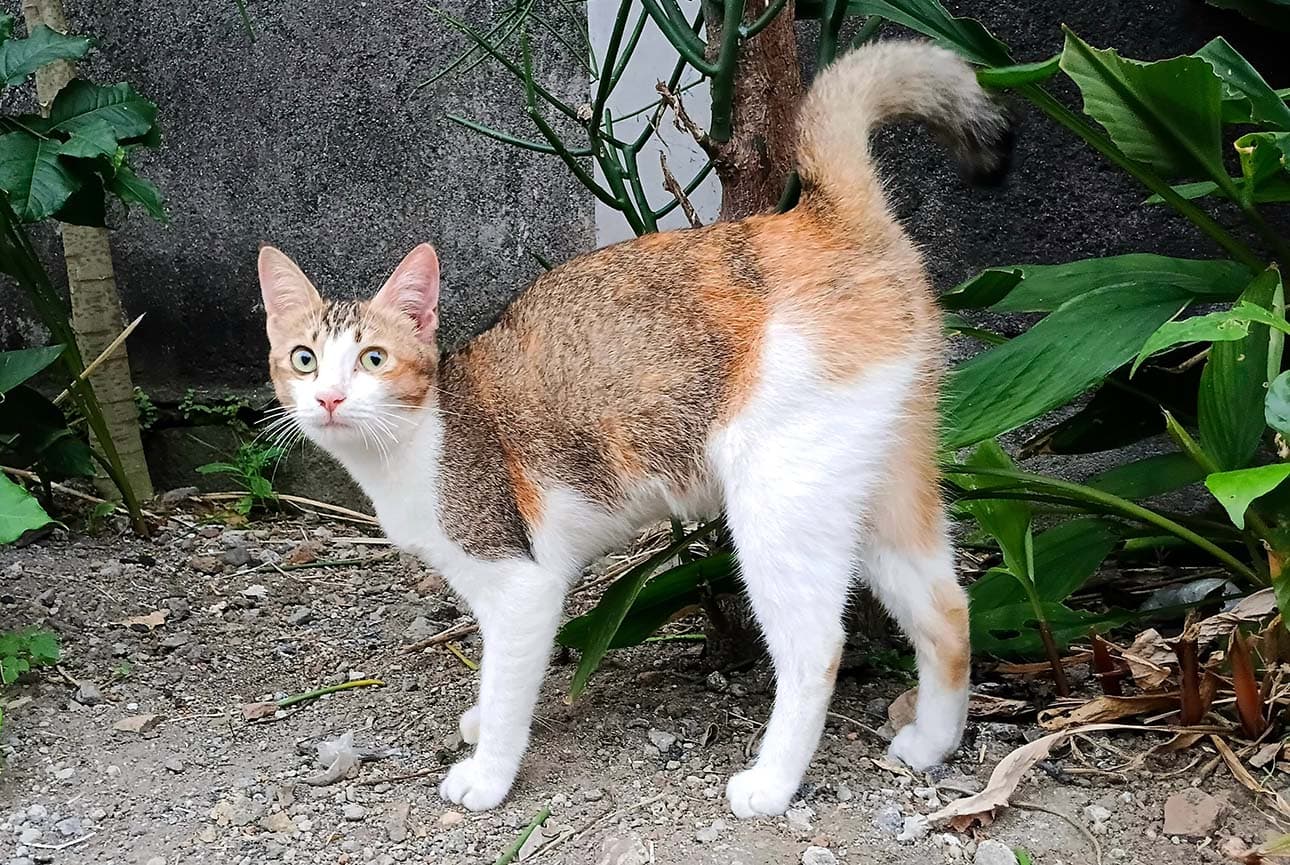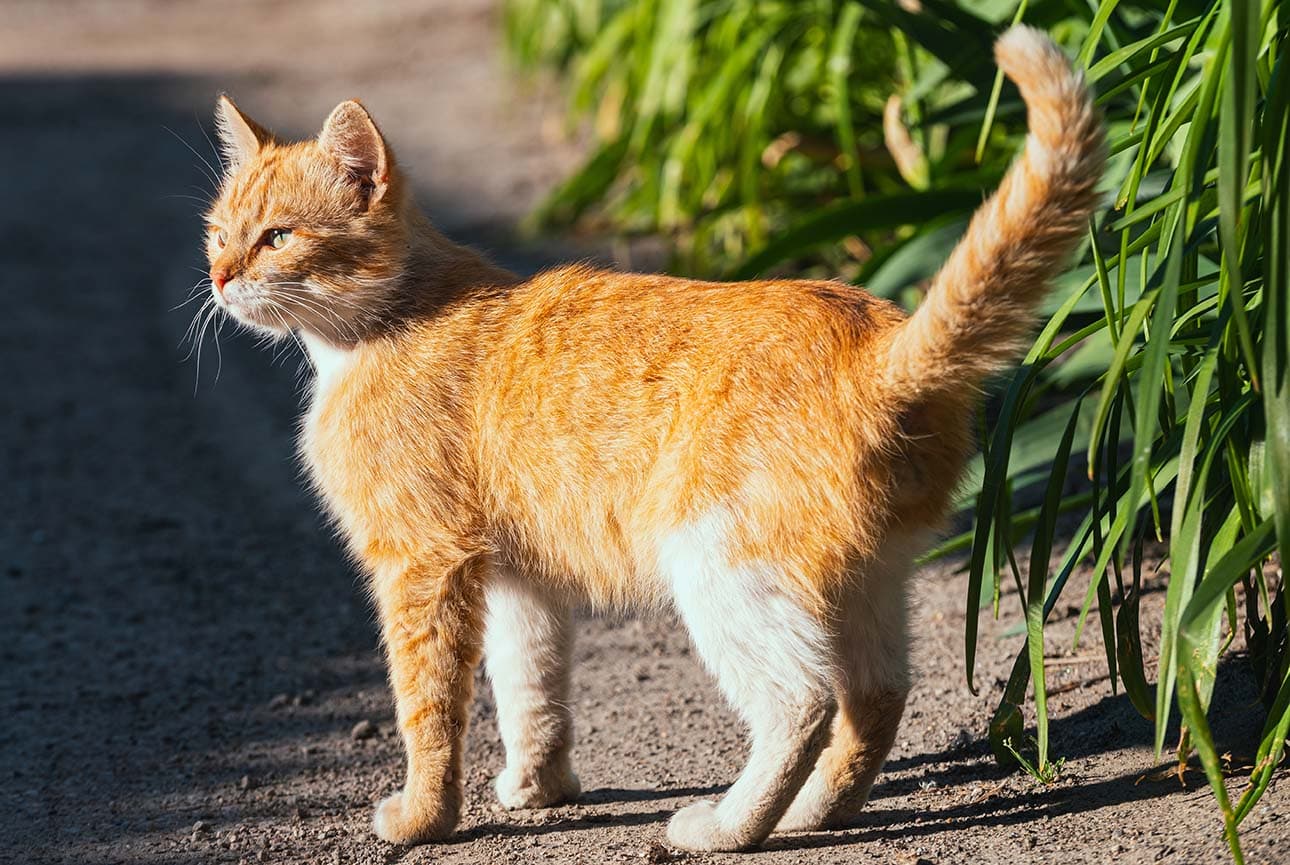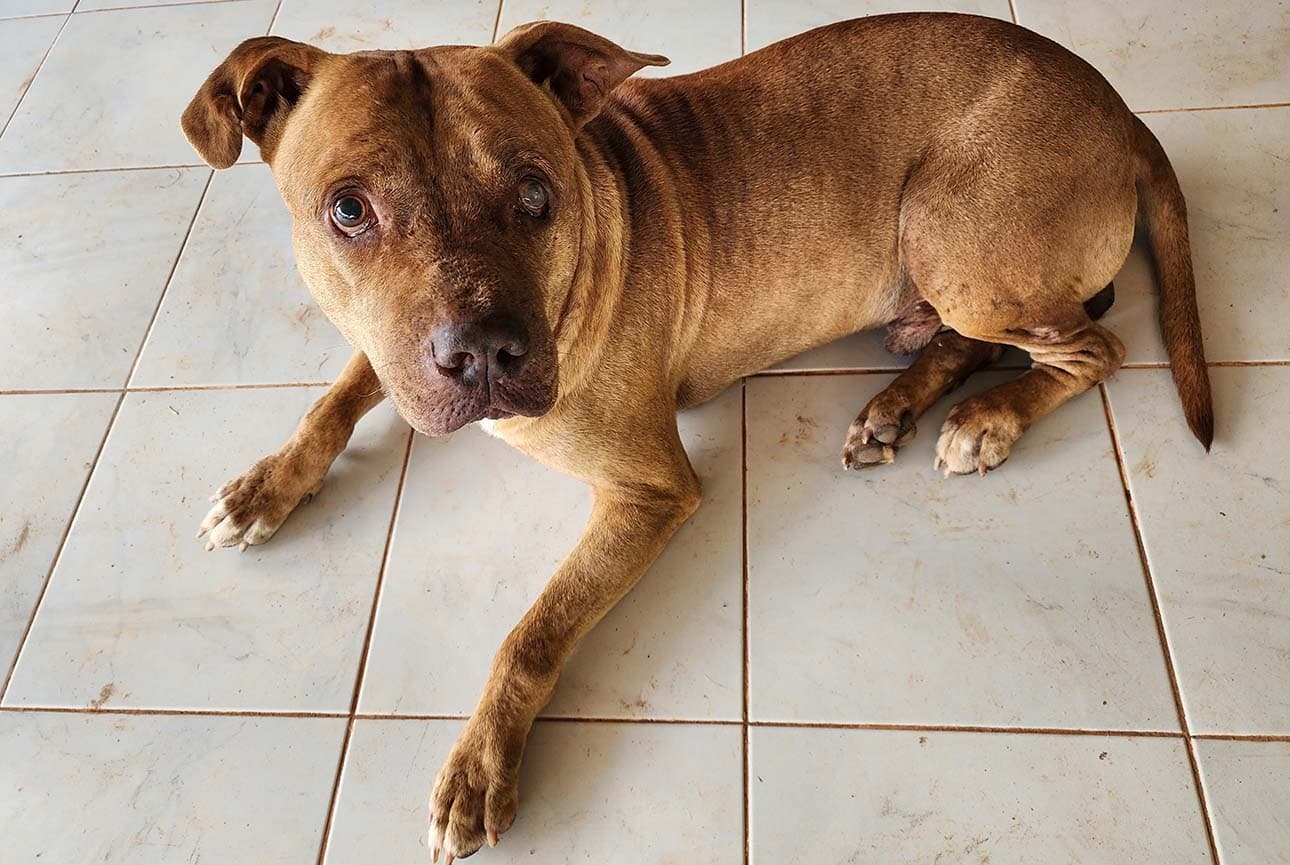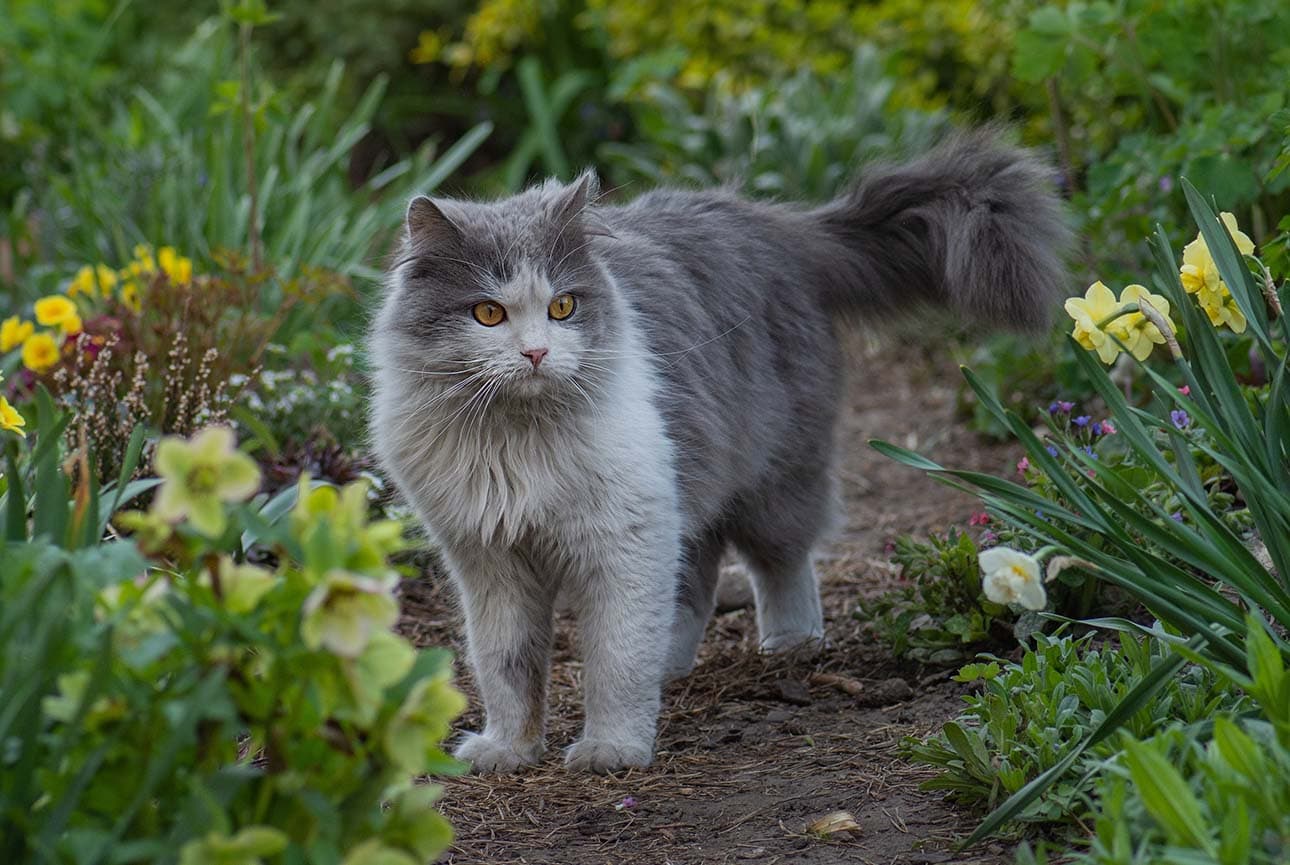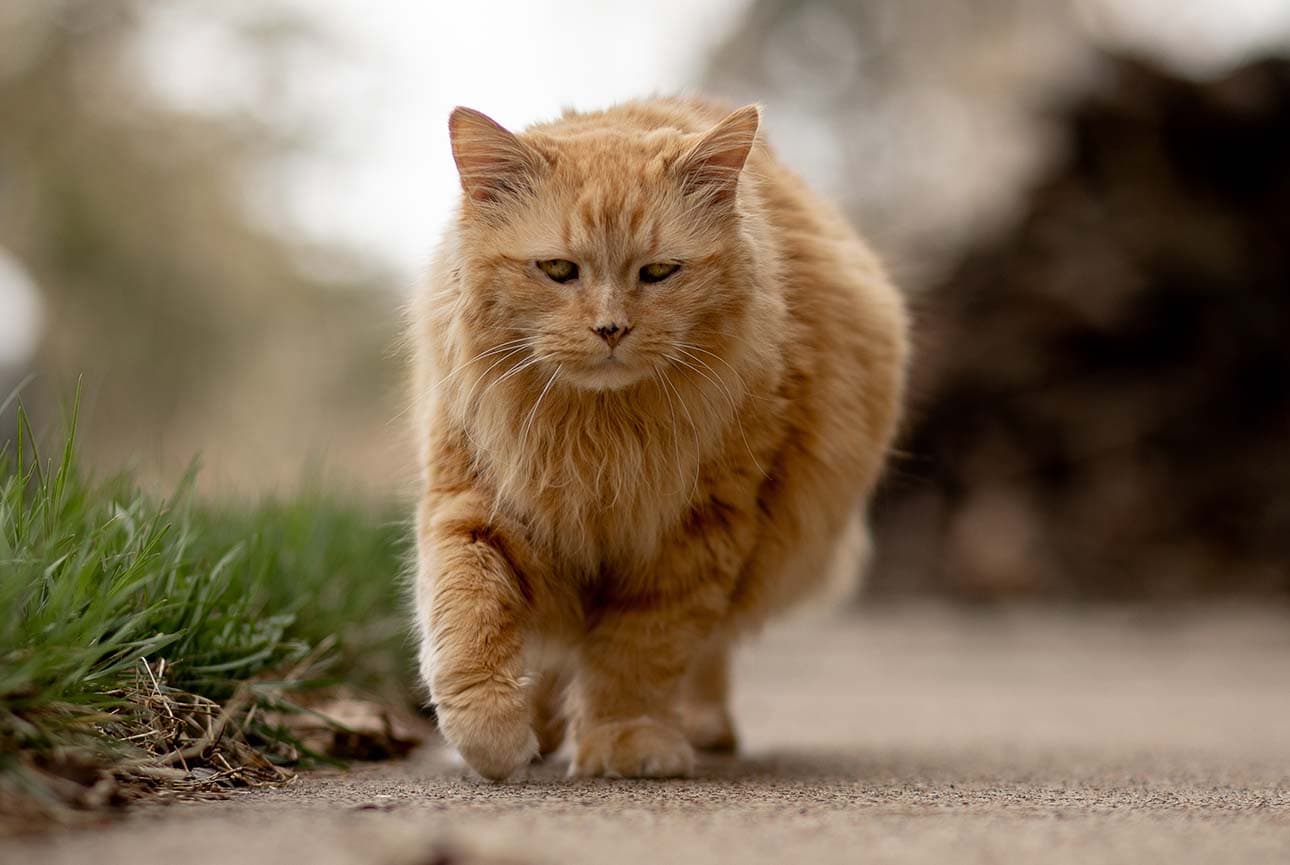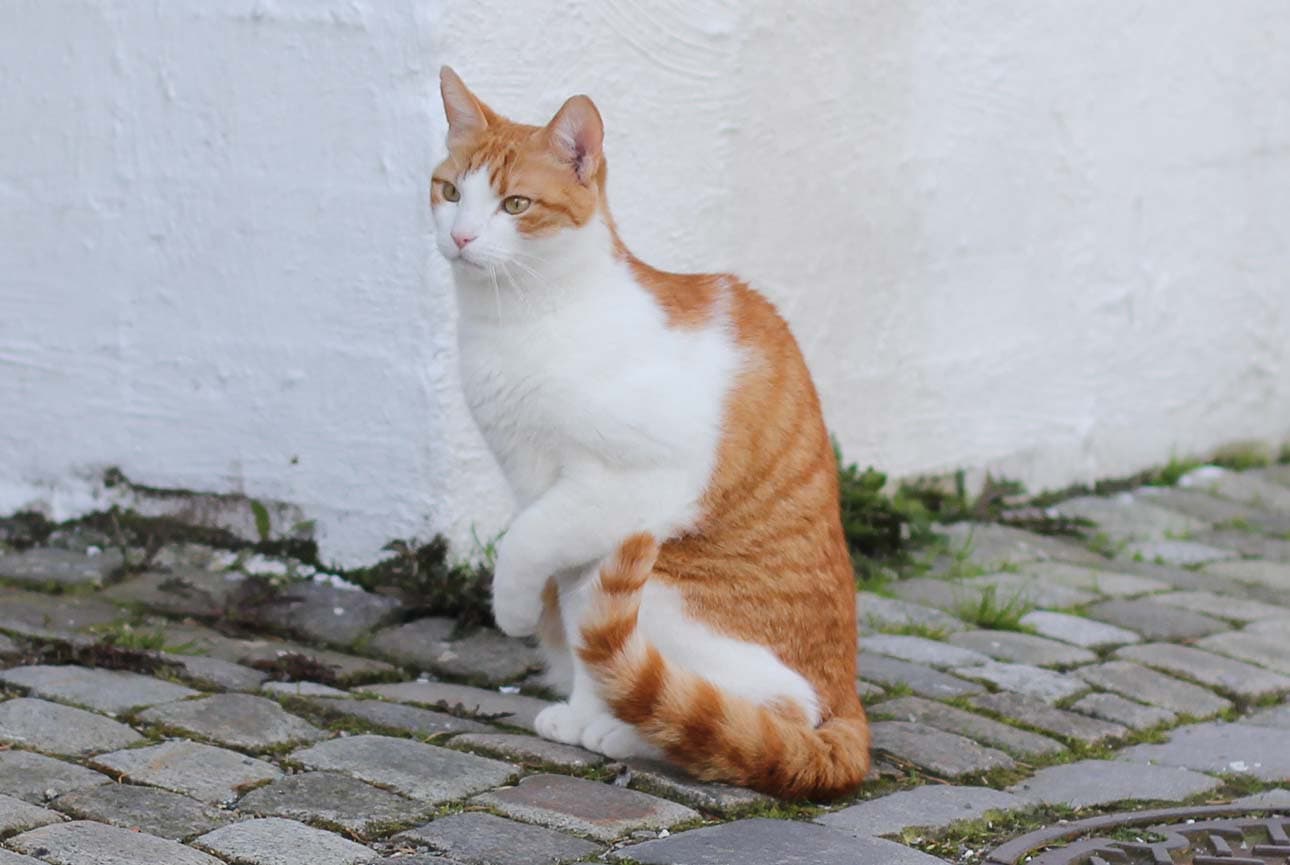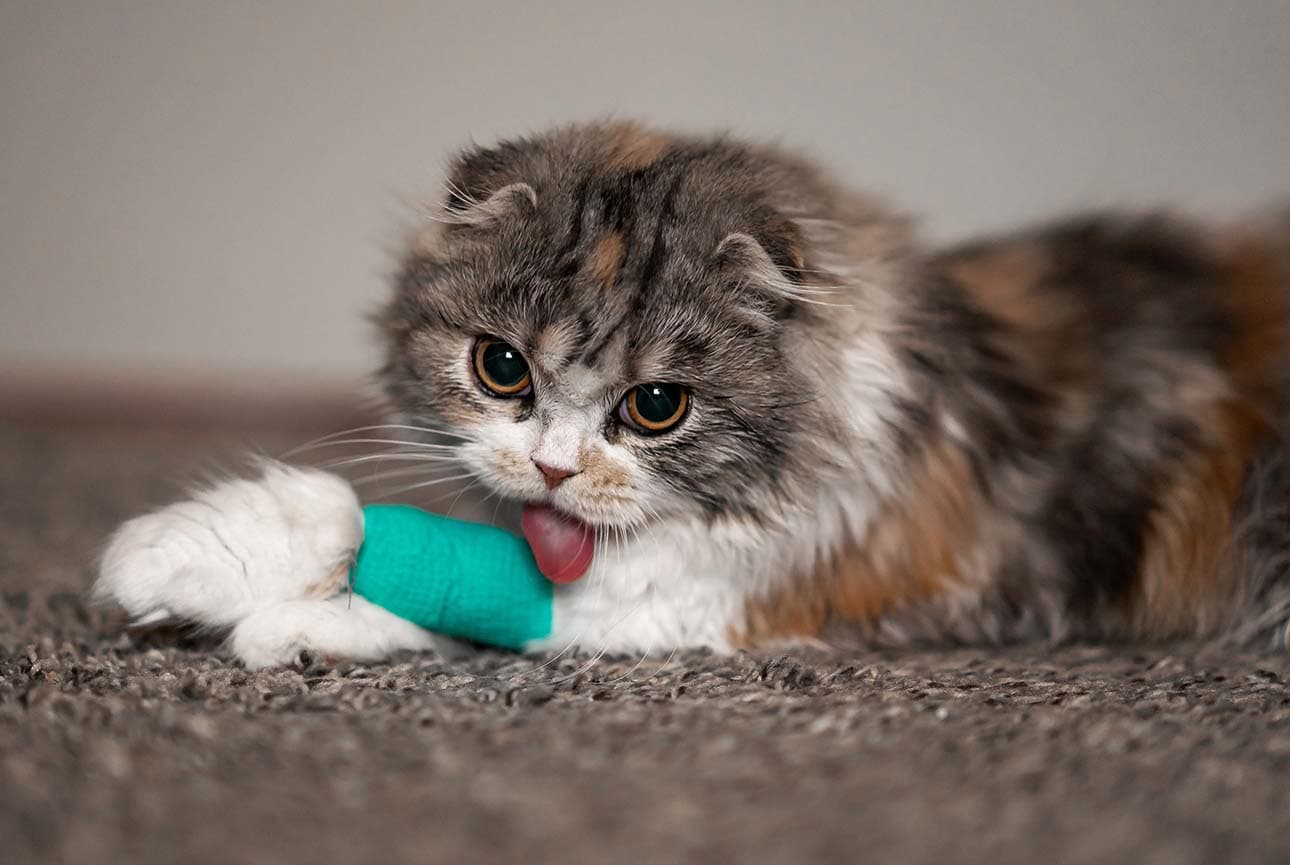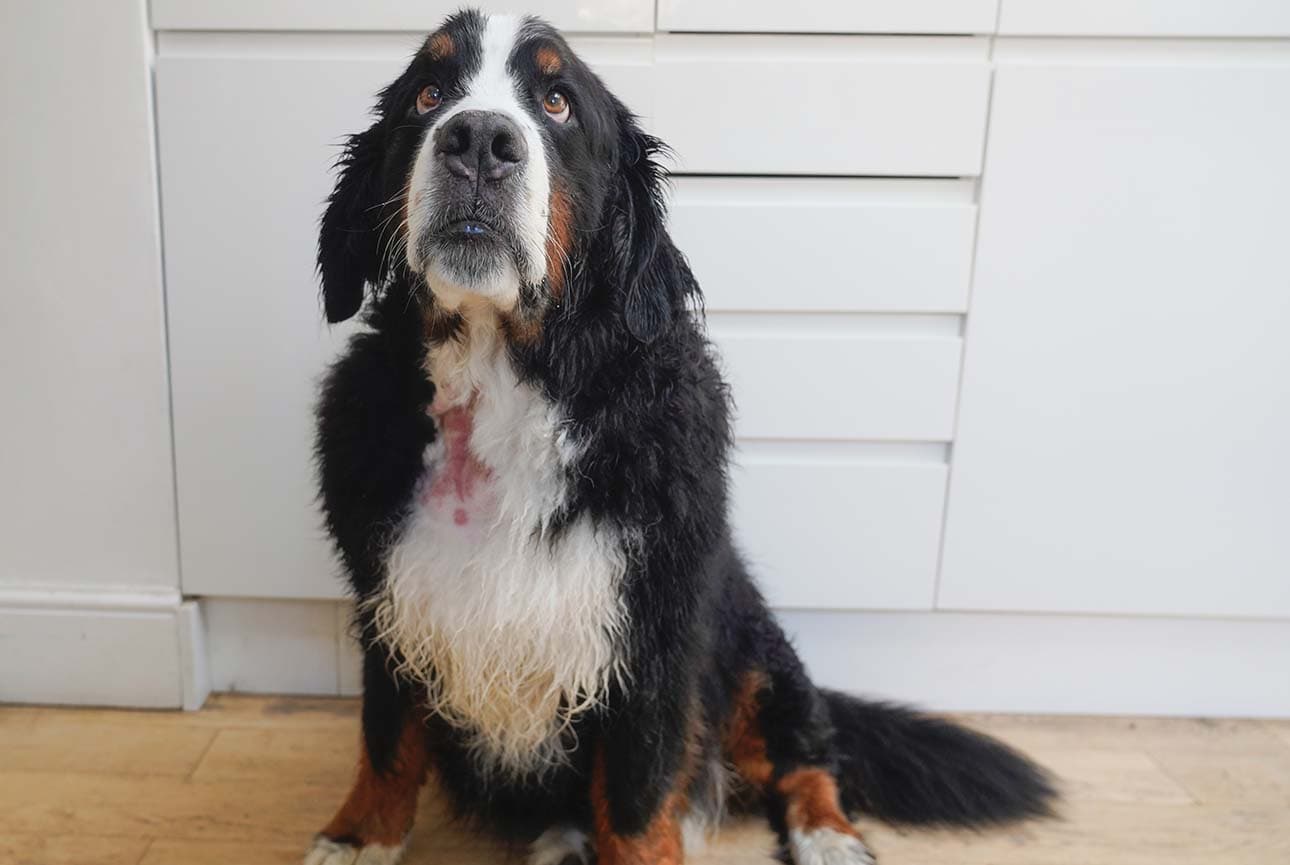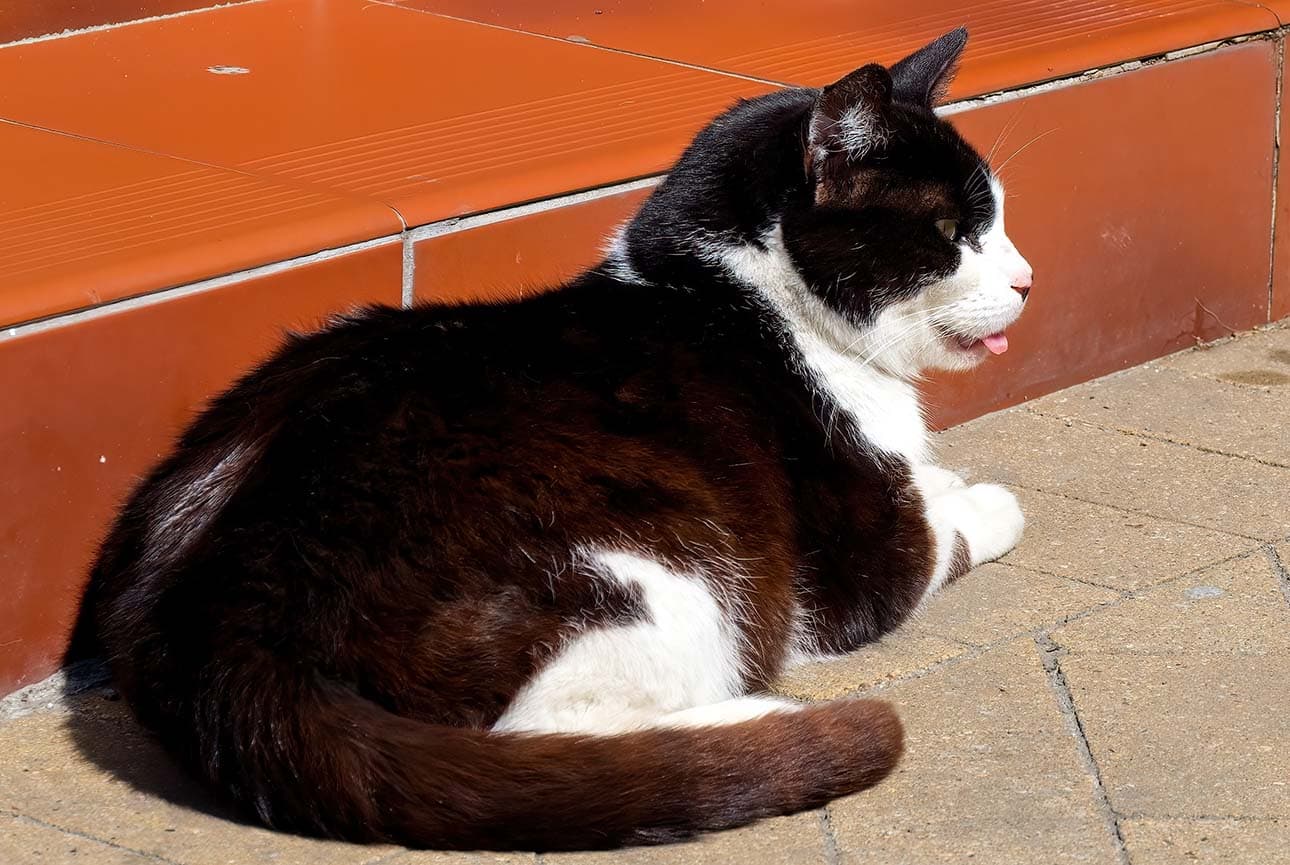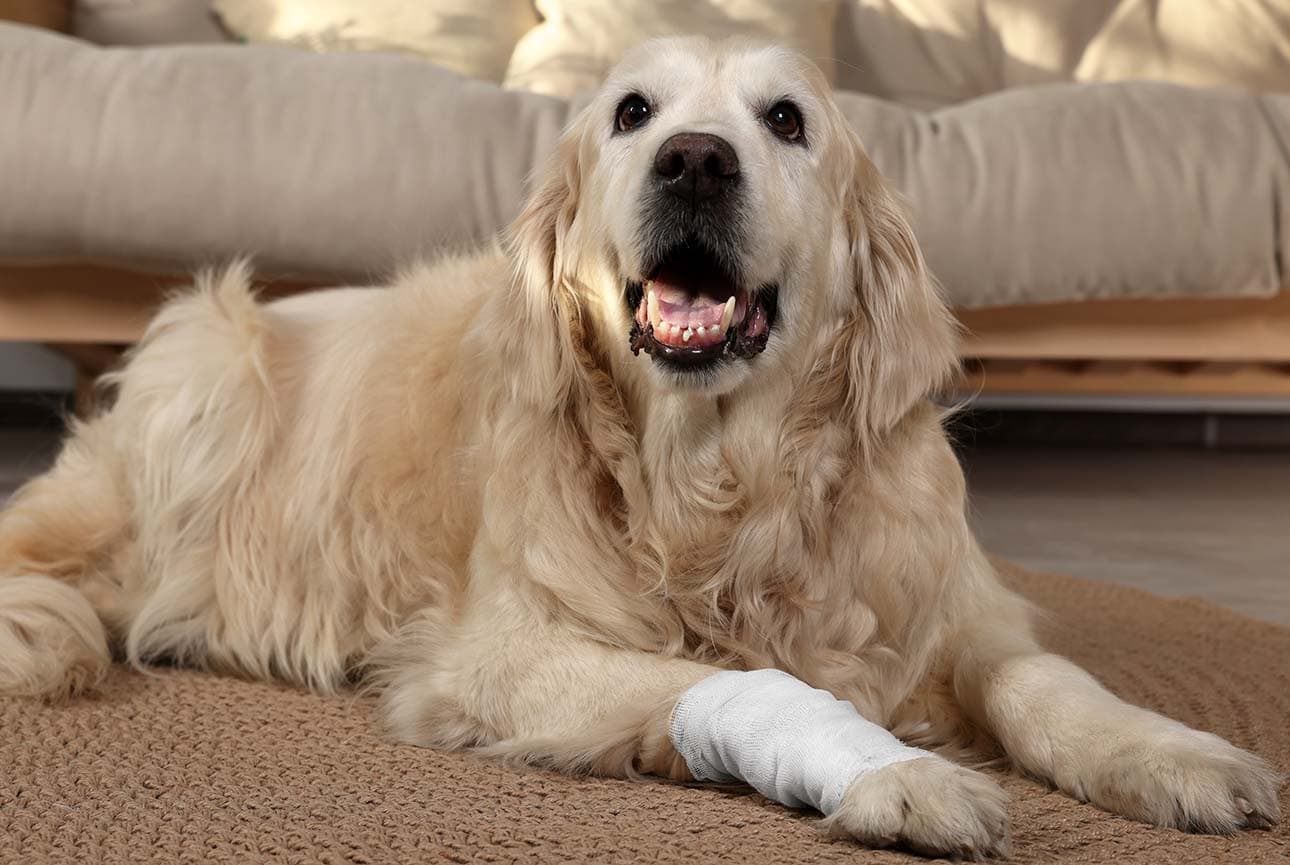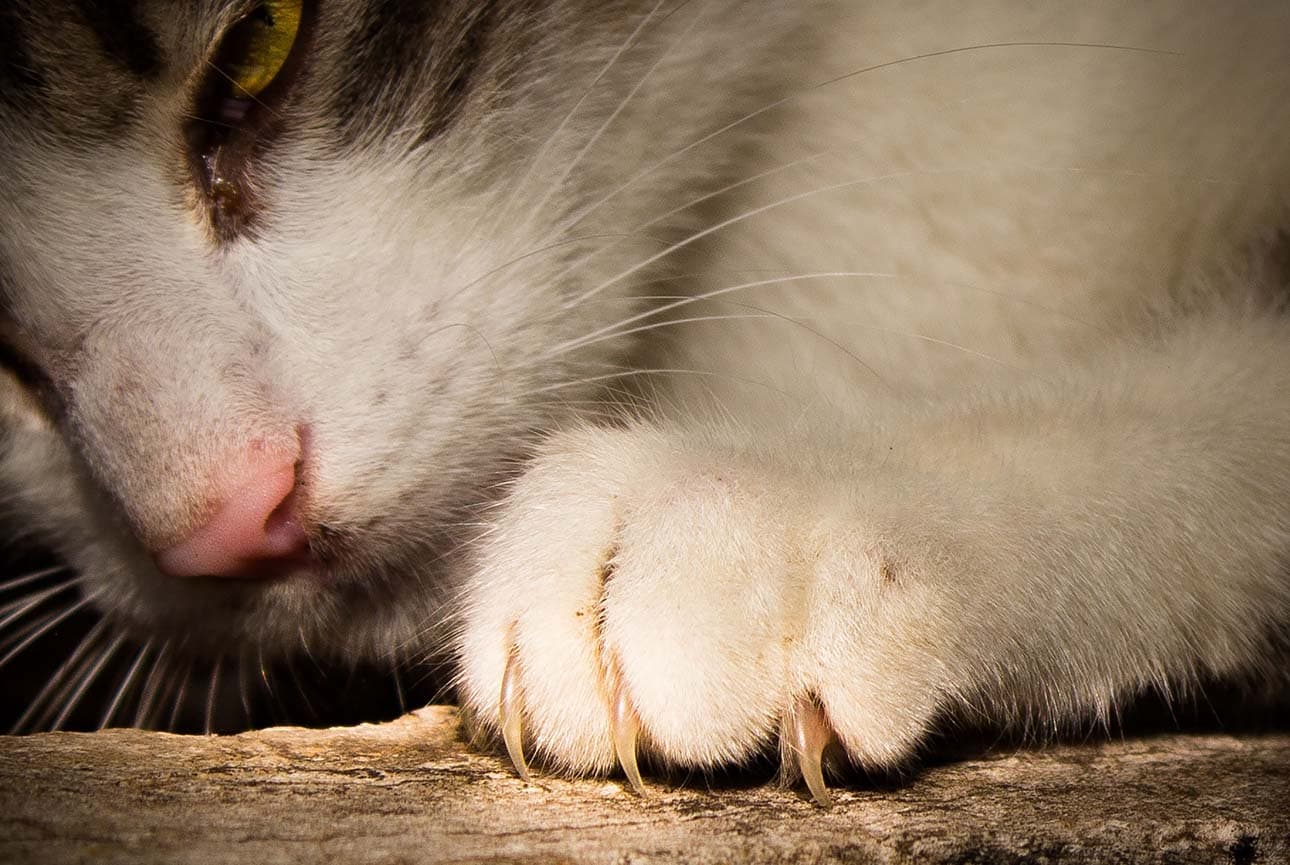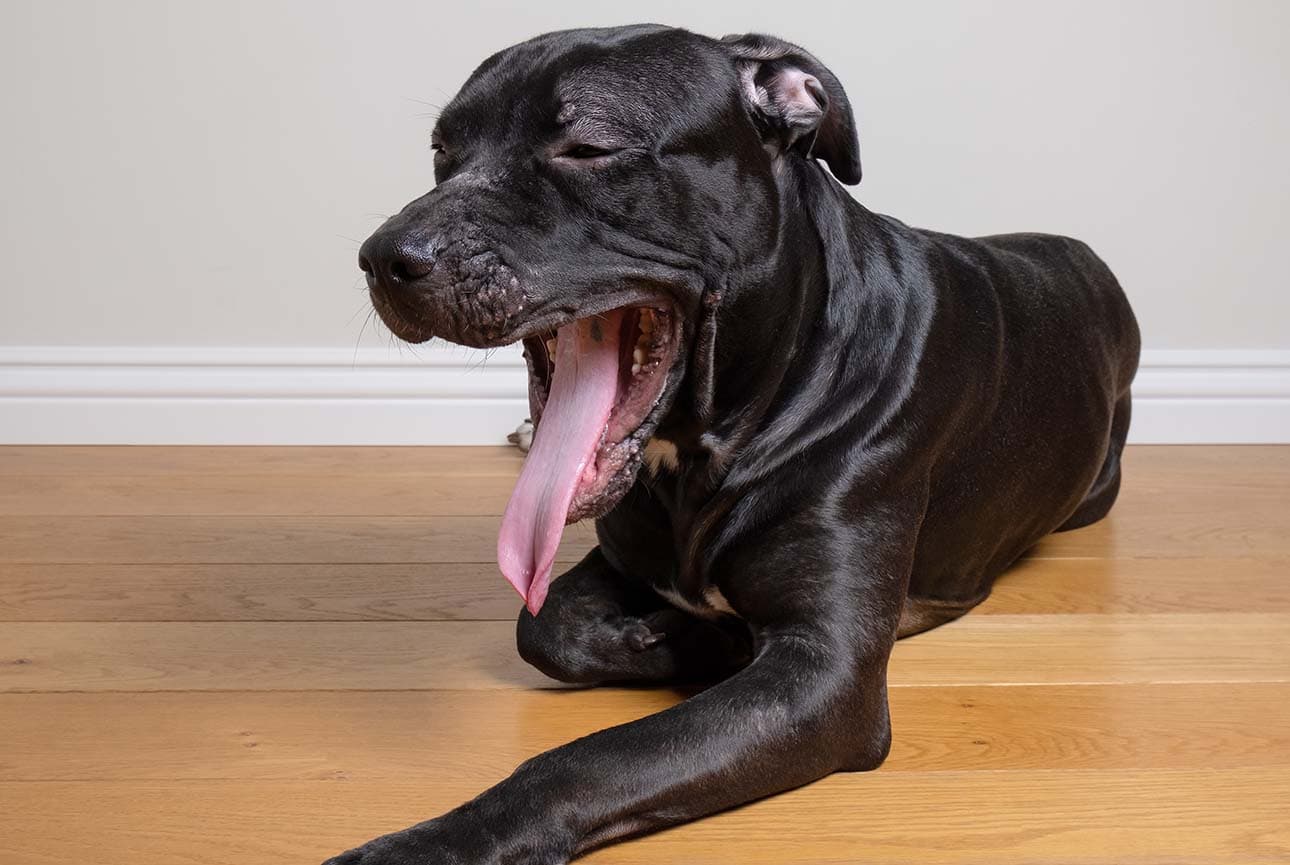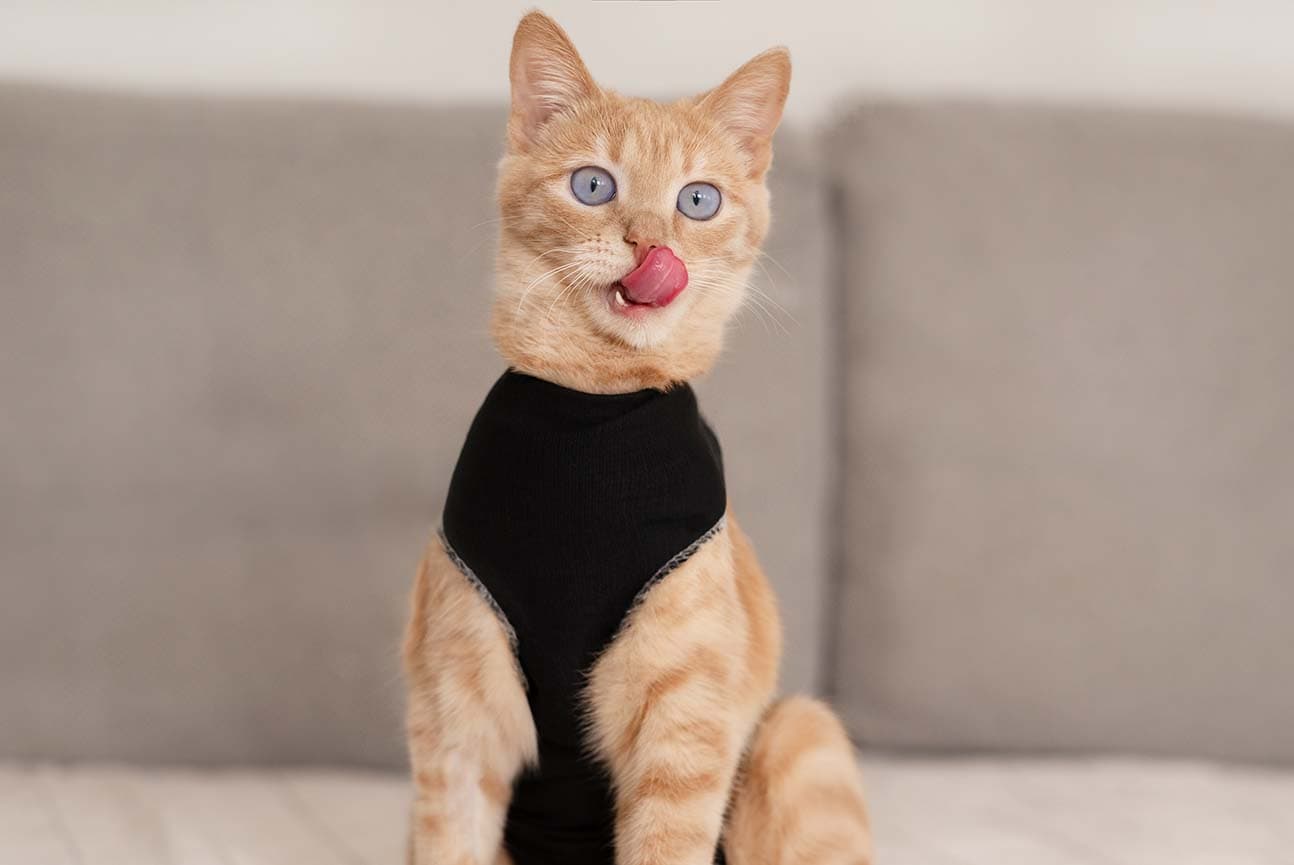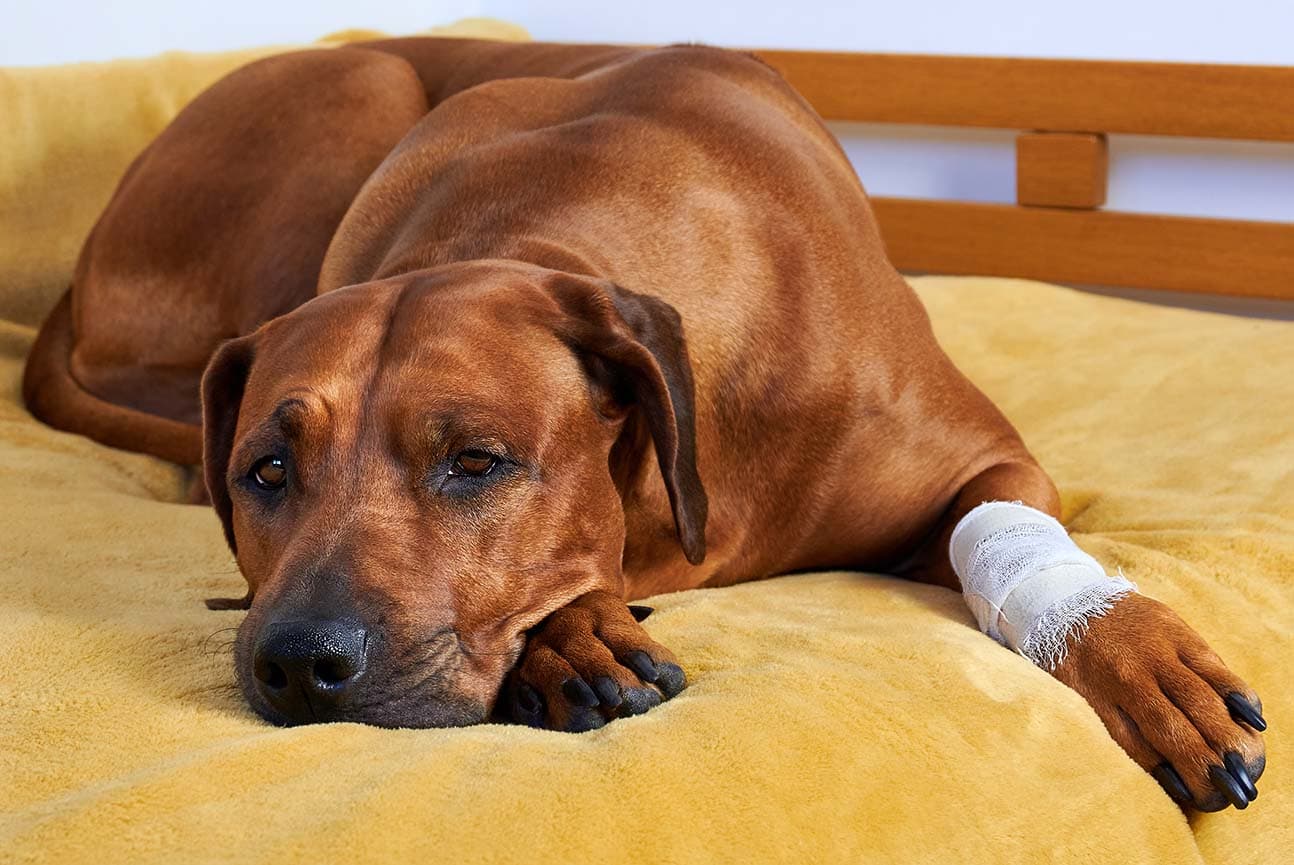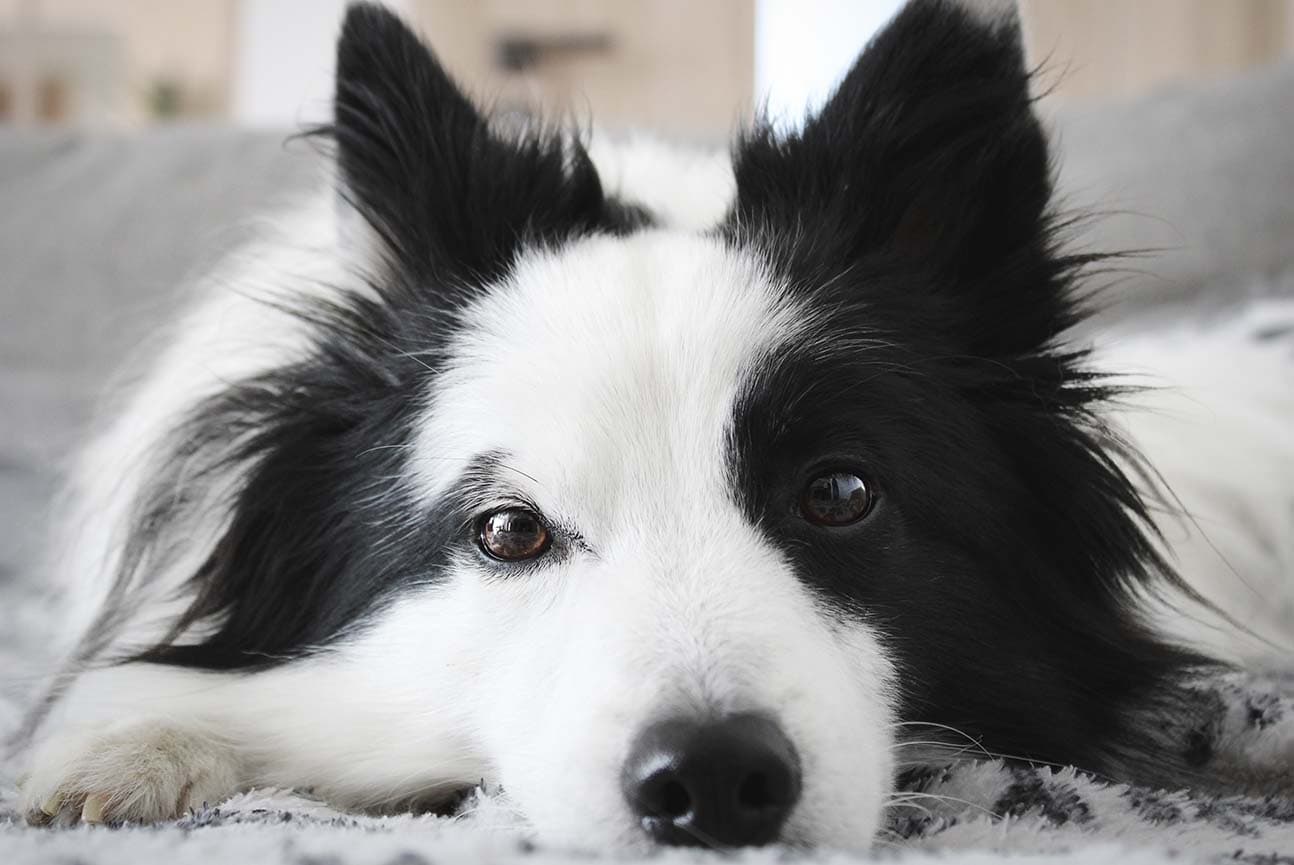- Updated: 15 Jan 2026
Weight loss in cats – causes, symptoms, and treatment in Dubai
Weight loss in cats is a common but non-specific symptom that can accompany a wide range of underlying health conditions. Sometimes it’s mild and easy to treat, but in other cases, weight loss suggests something more serious, requiring urgent attention.
- Updated: 14 Jan 2026
Ringworm in dogs – symptoms, treatment, and prevention in Dubai
Ringworm is a skin infection in dogs. It’s actually caused by a fungus, not a worm. It’s also very contagious, capable of spreading to people, cats, and other animals. The condition usually causes hair loss and scaly patches on the skin, although its appearance can resemble a range of other common skin diseases.
- Updated: 13 Jan 2026
Intoxication in dogs: recognising and responding to poisoning in Dubai pets
Dogs may suffer Intoxication (poisoning) when they ingest, inhale, or come into contact with a harmful substance. Dogs are naturally curious and often explore the world with their mouths, which increases their risk of exposure to toxins. Puppies and young dogs are particularly at risk, though any age or breed can be affected.
- Updated: 12 Jan 2026
Food allergies in cats: signs, diagnosis & treatment in Dubai
Cats can develop food allergies at any time in their lives, even if they’ve been eating the same diet for years. Around 1% of all cats, and up to 15% of itchy cats, are affected. The most common signs are itchy skin, ear infections, vomiting, and diarrhoea.
- Updated: 08 Jan 2026
Food allergies in dogs: symptoms, diagnosis and treatment in Dubai
Food allergies in dogs are surprisingly common. Around 10% of all allergies in dogs are linked to food. They can appear at any stage of your dog’s life and even if your dog has been eating the same diet for years. The most frequent signs include itchy skin, repeated ear infections, and digestive upsets such as vomiting or diarrhoea.
- Updated: 07 Jan 2026
Ringworm in cats – causes, symptoms, and treatment in Dubai
Ringworm is a common skin infection in cats. It’s actually caused by a fungus, not a worm. It’s highly contagious between cats, but can also spread to dogs, other pets, and people. The disease usually causes patches of hair loss and scaly skin, though it can look very similar to other common skin conditions.
- Updated: 06 Jan 2026
Mange in Cats: Causes, Symptoms & Treatment in Dubai
Mange is a skin disease caused by tiny mites that irritate the skin, causing itching, hair loss, crusts or sores. While mange is less common than fleas or ticks, it remains an important issue. Early detection and treatment usually lead to good recovery. There are several types of mange that can affect cats, each caused by a different species of mite.
- Updated: 05 Jan 2026
Cat bite abscesses: causes, symptoms and treatment in Dubai
Cat bite abscesses are one of the most common conditions vets treat in cats. Although any cat can be affected, cats that roam outdoors are particularly at risk. A cat bite abscess develops when bacteria from another cat’s teeth penetrate through the surface of the skin via a bite wound during a cat fight.
- Updated: 31 Dec 2025
Mange in Dogs Dubai: Symptoms, Treatment & Prevention Guide
Living in Dubai, your dog’s skin faces unique challenges, including heat, humidity, sun, dust, and possibly close contact with other animals. These all can affect skin health and make skin conditions like mange more likely.
- Updated: 30 Dec 2025
Torn nails in dogs: causes, symptoms and treatment in Dubai
Torn nails are a common injury in dogs of all ages and breeds. They may not be life-threatening, but they can be extremely painful and distressing for your pet. Most cases heal quickly with the right care. But sometimes it takes a vet visit to remove the damaged nail or prevent infection.
- Updated: 29 Dec 2025
Pyoderma in Cats: Causes, Symptoms and Treatment in Dubai
Pyoderma in cats is a skin infection caused by bacteria. It happens when the skin gets damaged or irritated, making it easier for bacteria to cause problems. It’s less common in cats than in dogs, but pyoderma may affect cats of any age, breed, or sex. Fortunately, the condition is usually easy to identify and treat, allowing most cats to make a full recovery.
- Updated: 25 Dec 2025
Hairballs in Cats: Causes, Prevention & Treatment for Dubai Pet Owners
As a cat owner, you may have noticed your feline friend occasionally coughing or vomiting a small, tubular mass of fur, commonly known as a hairball. While this is a normal part of a cat's grooming process, frequent hairballs can be a sign of underlying issues that require attention.
- Updated: 24 Dec 2025
Pyoderma in dogs: causes, symptoms and treatment in Dubai
Pyoderma is the medical term for a bacterial skin infection in dogs. It happens when normal bacteria that live on the skin surface take advantage of a weakened skin barrier and cause an infection. The condition is very common in dogs of all breeds and ages. Although pyoderma can look nasty, most cases respond well to appropriate treatment.
- Updated: 23 Dec 2025
Dog Limping in Dubai: Causes, Treatment & When to See a Vet
Limping (also called lameness) is when a dog avoids putting weight on one or more legs due to pain, injury, or weakness. It can be sudden or gradual, mild or severe. Limping is a symptom, not a diagnosis, and can stem from many underlying issues.
- Updated: 22 Dec 2025
Cat Limping in Dubai: Causes, Treatment & When to Visit a Vet
Limping (also known as lameness) is when a cat avoids putting weight on one or more legs. It’s usually a sign of pain, discomfort, or injury. Limping can be sudden or gradual and may come and go. Even if your cat seems otherwise fine, limping should never be ignored.
- Updated: 18 Dec 2025
Cat Sprains and Strains in Dubai | Symptoms, Treatment & Prevention Guide
Sprains and strains are common soft tissue injuries that can affect cats of any age or breed. Most cats recover well from these injuries with prompt and appropriate care. In Dubai, extra precautions are important, such as securing balconies, supervising outdoor time, and being mindful of extreme temperatures.
- Updated: 17 Dec 2025
Hot Spots in Dogs: Causes, Symptoms and Treatment
Hot spots in dogs are a common skin condition, especially during hot and humid weather. They usually start as a small, itchy patch, but can quickly worsen if your dog keeps scratching or licking. While they often look alarming, they are usually straightforward to treat with the right care. Any dog can be affected, though they are more common in certain breeds and during warmer months.
- Updated: 16 Dec 2025
Hot Spots in Cats: Symptoms, Causes, and Treatment
Hot spots in cats are patches of painful skin infection that can appear suddenly and spread quickly. They look red, moist, and sore, and often cause your cat to lick or scratch excessively. While hot spots can seem alarming, they are usually easy to treat if identified early. Cats of any age can be affected.
- Updated: 15 Dec 2025
Dog Sprains and Strains in Dubai | Symptoms, Treatment & Prevention Guide
Sprains and strains are common soft tissue injuries that can affect dogs of any age or breed. With prompt attention and proper care, most dogs recover well. In Dubai, extra precautions are important, such as avoiding hot pavements and providing safe spaces for exercise to prevent injuries.
- Updated: 11 Dec 2025
Torn nails in cats: causes, symptoms and treatment in Dubai
Torn nails in cats aren’t as common as in dogs, but when they do occur, they can be very painful. A torn nail may not be life-threatening, but it often causes bleeding, limping, and discomfort that needs attention. Most cases heal quickly, though sometimes it takes a vet visit to remove the damaged nail or stop infection.
- Updated: 10 Dec 2025
Bad Breath in Dogs Dubai | Causes, Treatment & Prevention Tips
Bad breath in dogs, also called 'halitosis', is more than just an unpleasant cuddle experience - it's often a warning sign of underlying health issues that need veterinary attention. This common condition can affect dogs of any age or breed and may signal anything from minor dental hygiene issues to more serious medical concerns.
- Updated: 07 Feb 2026
Cleaning wounds in cats – veterinary guide for Dubai pet owners
Wounds are one of the most common reasons cats are brought to the vet. They can range from minor scratches to deep lacerations or abscesses caused by bites. In Dubai, cats may be more likely to sustain injuries from territorial disputes, particularly if they have outdoor access, or from household hazards such as sharp furniture edges or balcony falls.
- Updated: 08 Dec 2025
Cleaning wounds in dogs Dubai – Professional and home care guide for pet owners
Wounds are common injuries in dogs, ranging from small cuts and grazes to deep lacerations that require immediate veterinary attention. Common causes include bite injuries, burns from Dubai's hot pavements, cuts from sharp objects, and trauma from accidents.
- Updated: 04 Dec 2025
Dog Eye Ulcers Dubai: Symptoms, Treatment & Prevention Guide
Eye ulcers in dogs are painful sores on the surface of the eye that require immediate veterinary attention. Living in Dubai's climate presents specific challenges for our four-legged friends, from sandy winds to intense heat that can exacerbate eye conditions.
